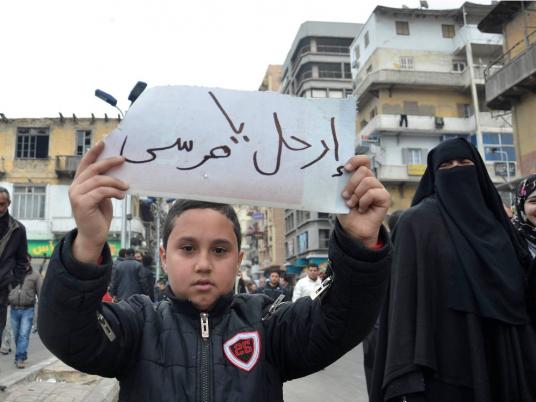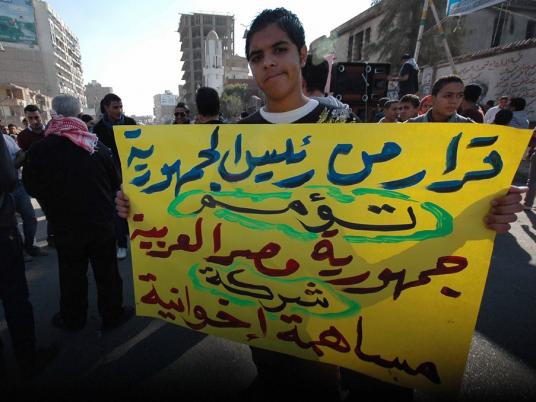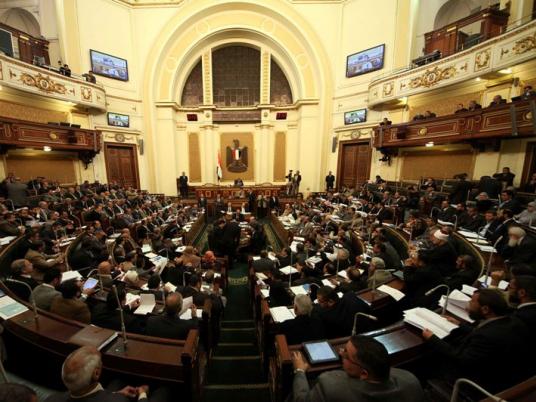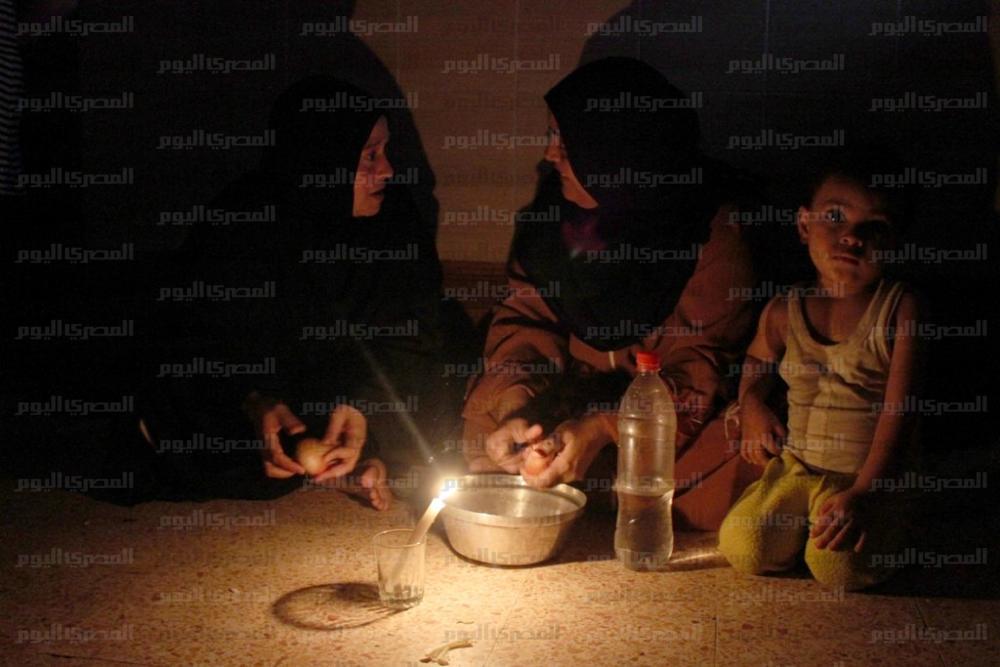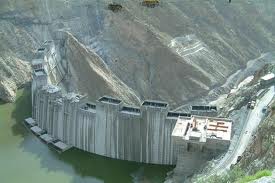
The news that Ethiopia is diverting the course of the Blue Nile in order to build a giant dam dominates Wednesday’s headlines in Egypt.
The Ethiopian government held a ceremony on Tuesday to mark the decision to alter the path of the Blue Nile, one of the Nile’s two major tributaries, in preparation of launching the Renaissance Dam project.
Despite Ethiopian officials’ insistence that the megaproject will not affect Egypt’s water supply, this recent development has triggered public ire in Egypt, which enjoys a lion's share of Nile water.
The front-page of state mouthpiece Al-Ahram attempts to calm public fears with the headline “officials downplay, experts exaggerate ramifications of the project.”
Responding to the news that the river will be diverted, presidential spokesperson Omar Amer tells the paper that the move is an ‘engineering procedure’ and that Egypt is waiting for the tripartite committee, made up of experts from Egypt, Sudan, and Ethiopia, to issue its report on the Renaissance Dam project before making any judgments.
Independent papers Youm7 and Al-Watan both describe the move as “a declaration of war on Egypt.”
Youm7 writes that Kamal Hassan, the Sudanese ambassador in Cairo and a representative of the Arab League, opined that Ethiopia’s announcement is “shocking.” Hassan added that Egypt and Sudan would turn to the Arab League to resolve the matter.
Al-Watan appends to its Wednesday issue a four page supplement entitled “The Setback of Renaissance.” The extensive report discusses potential scenarios of war between Egypt and Ethiopia over the Nile dispute.
According to Al-Watan, one of these scenarios would involve a proxy war in which Cairo would support rebel groups in Ethiopia by giving them funds and weapons though a third party. Another scenario would entail a direct intervention in which military planes would bomb the dam. Still another scenario would be comprised of sending a special army unit to disrupt construction of the dam.
In another article, senior government sources tell Al-Watan that the Interior Ministry and the Egyptian General Intelligence Service had warned President Mohamed Morsy about this crisis several times and had recommended that he make gestures of goodwill lest the situation escalate. The government, however, did not listen and remained indifferent to the looming threat, the sources said.
The paper features politicians’ criticisms of Ethiopia’s move and describes the president’s botched attempt to contain the situation during his visit to Addis Abba last week.
The liberal Al-Wafd paper, published by the opposition Wafd Party, has a catchy headline: “Brotherhood coup on the constitutional (court).”
The ongoing fight between the judiciary and the Shura Council appears to have reached a deadlock.
The partisan paper writes that the Muslim Brotherhood’s call for the dissolution of the High Constitutional Court is an attempt to gain revenge for the latter’s attempts to fulfill its own interests in the political arena.
The controversial bill would lower the retirement age for judges from 70 to 60, which, it is believed, would force out about one quarter of Egypt's 13,000 serving judges.
The upper house of parliament, dominated by Islamists, intends to pass the judicial authority bill at all costs, says Sedky Khalosy, former head of the State Litigation Authority.
“The dissolution of the High Constitutional Court is unlawful and impossible,” reads another headline in Al-Wafd.
Professor Mohamed al-Zahby categorically denounced the Brotherhood’s call for holding a popular referendum on whether to disband the court. He explains that such a procedure violates a number of articles in the country’s constitution.
Youm7 sheds light on Minister of Culture Alaa Abdel Aziz’s decision to dismiss top officials for seemingly no reason.
According to the report, Salah al-Meleegy was dismissed from his post as head of the Department of Applied Arts after he refused to remove from the Applied Arts General Exhibition 30 works of art deemed by the minister to be in violation of the law.
Similarly, Enas Abdel Dayem, head of the Cairo Opera House, was reportedly sacked “for no obvious reason” and was replaced by Reda al-Wakil, a professor at the Cairo Academy of Arts.
Some critics believe that the minister’s recent moves are an attempt to imprint the Brotherhood’s ideology on the cultural landscape of the country. Abdel Aziz assumed his position following a Cabinet reshuffle in early May.

